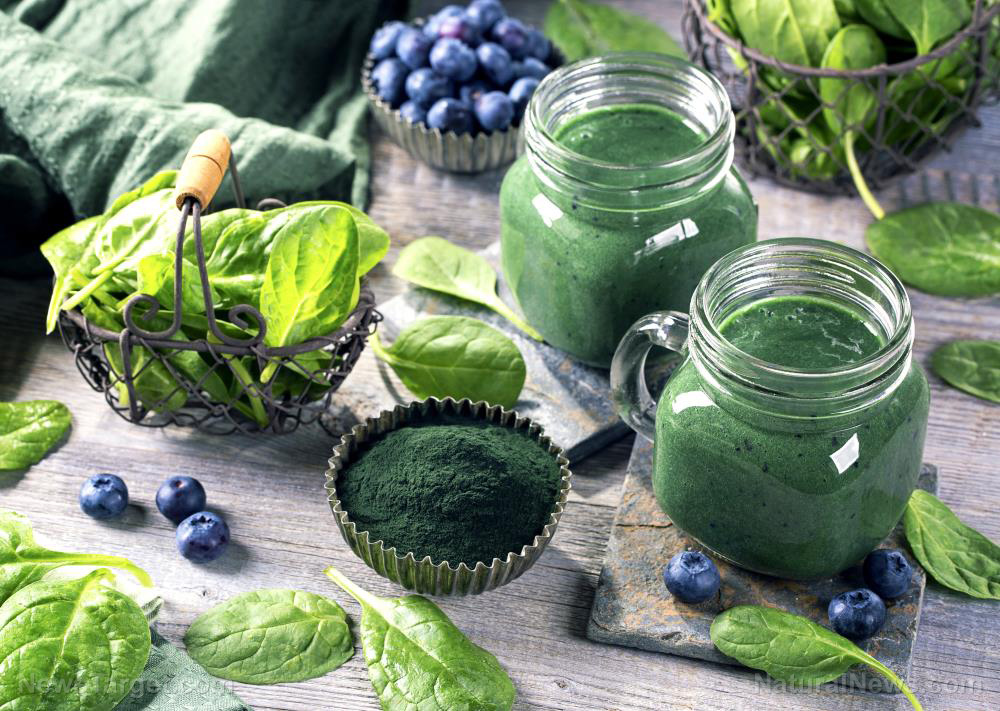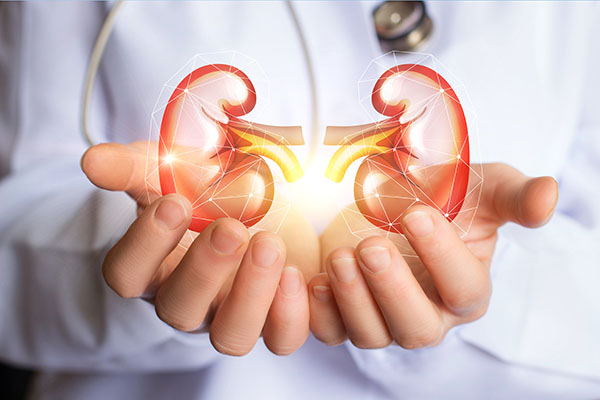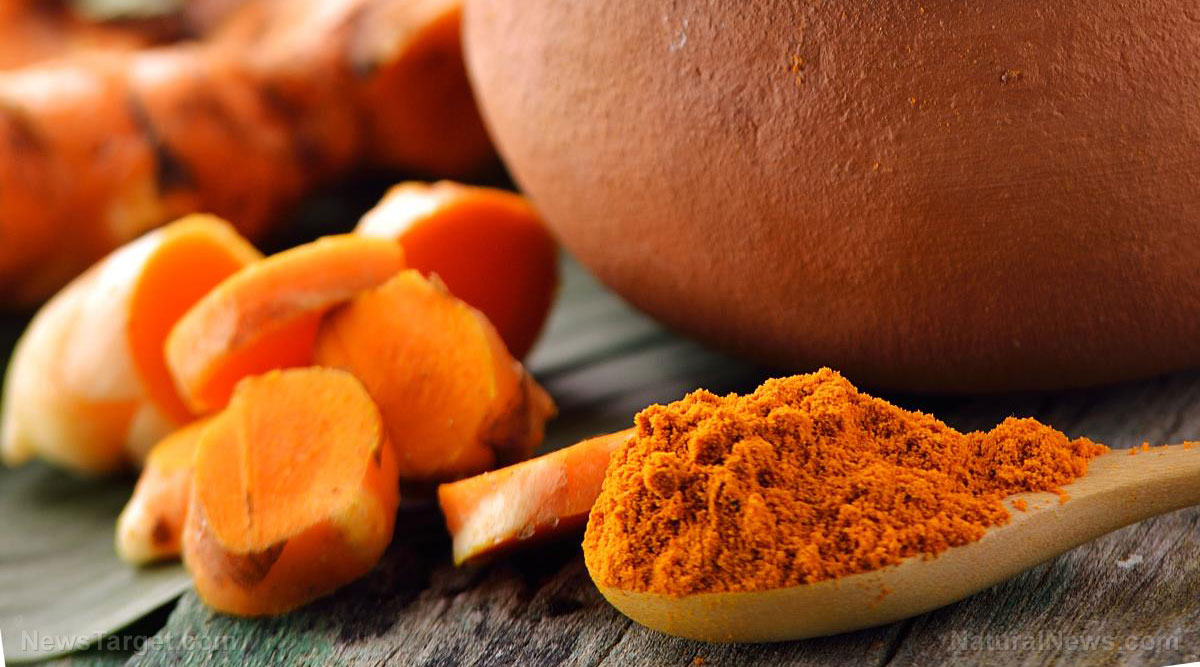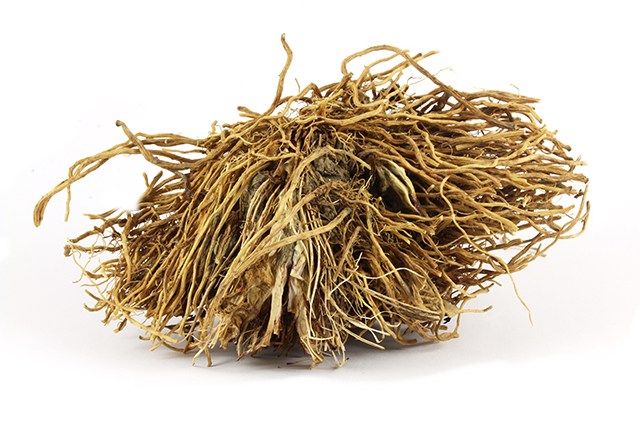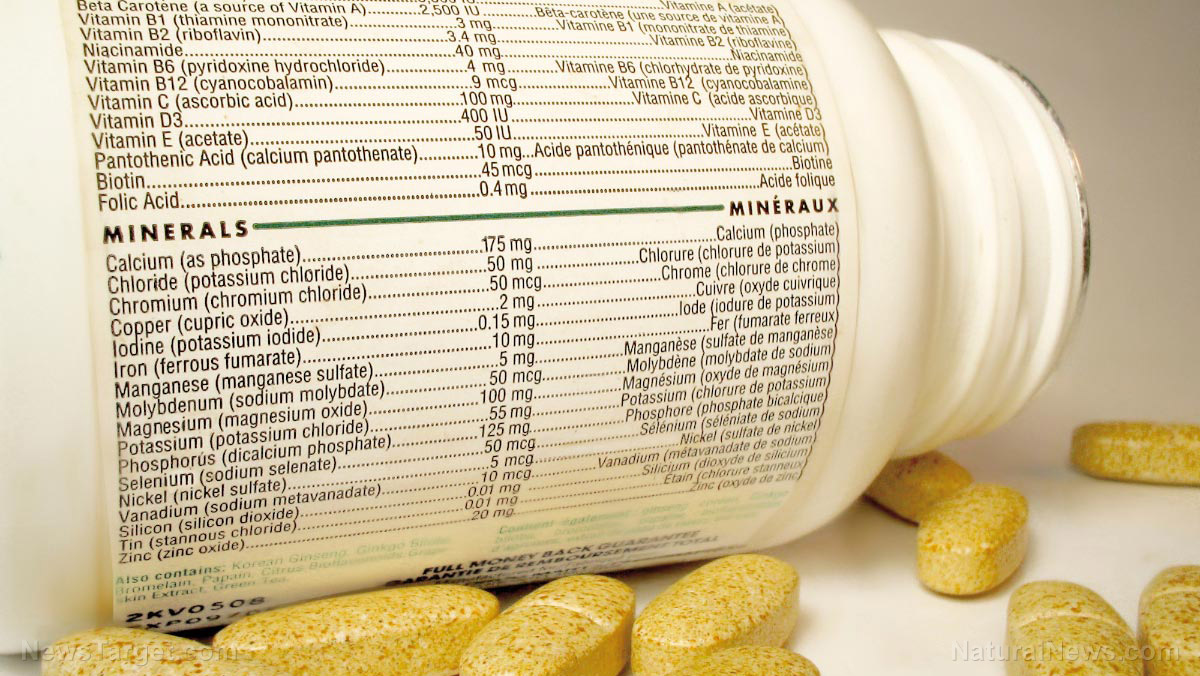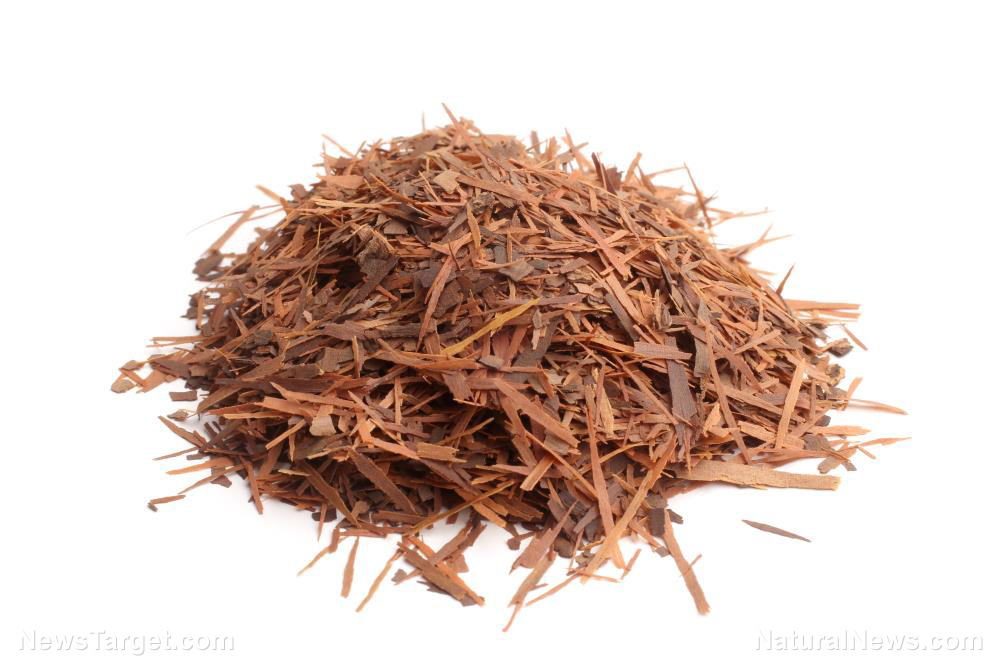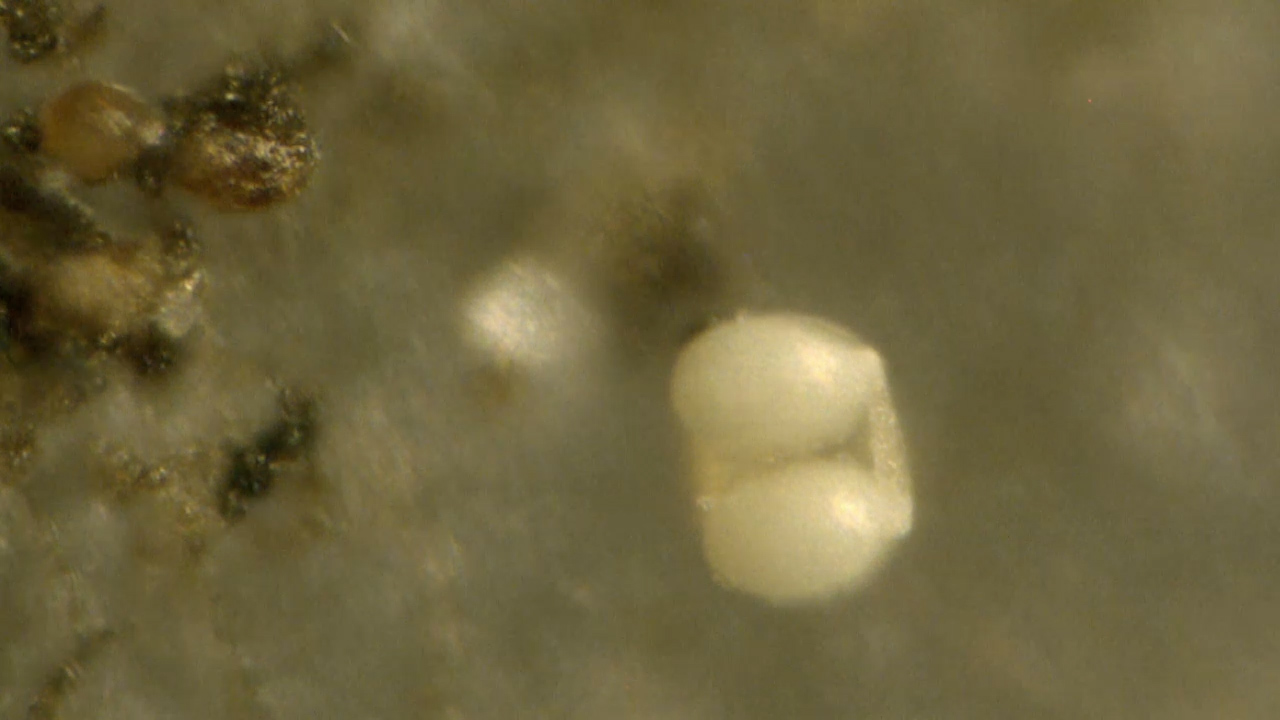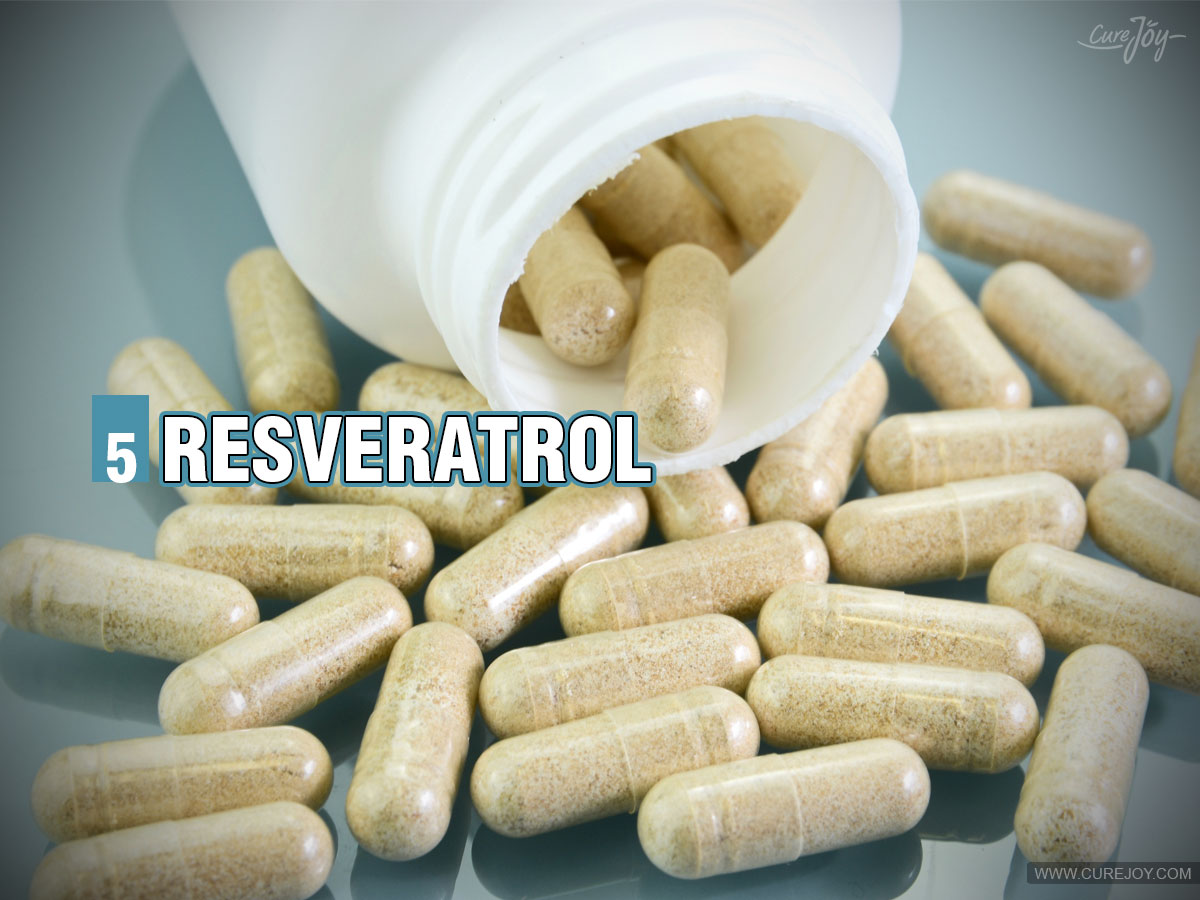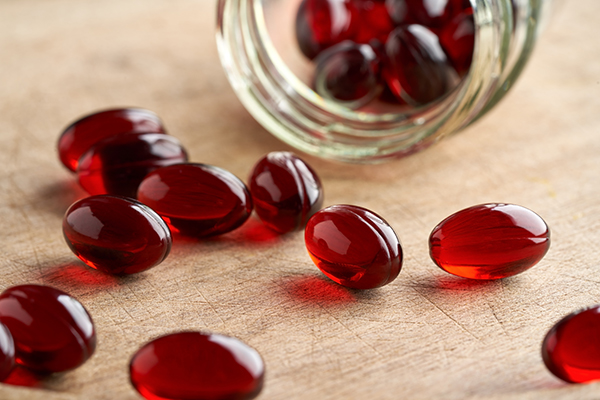Could antioxidants help kids with autism? Scientists are taking a closer look
04/16/2025 / By Olivia Cook

- Oxidative stress may be linked to autism symptoms. Kids with autism spectrum disorder (ASD) often have lower antioxidant levels than kids without, which may contribute to brain cell damage and behavioral changes.
- Antioxidant supplements like melatonin and CoQ10 show early promise. Studies found improvements in sleep, behavior and mood following use of these supplements under medical supervision.
- Sleep issues are common in ASD, and antioxidants may help. Melatonin has shown the most consistent results in helping kids fall and stay asleep.
- Natural food-based antioxidants are worth trying. Try feeding children colorful fruits and veggies and gut-friendly foods like yogurt and smoothies.
- Every child is different. Work closely with a trusted pediatrician before starting any supplements and introduce new foods gradually, especially for sensitive eaters.
For families navigating the challenges of Autism Spectrum Disorder (ASD), the journey is often filled with questions – many without clear answers. What causes it? Why does it differ from one child to another? And more importantly, how can you better support those living with it?
While there is no one-size-fits-all answer, a growing body of research is shedding light on a hopeful new direction: the role of antioxidants in the management of autism.
Autism is not just one condition. It is a broad spectrum of neurodevelopmental differences that affect how people communicate, interact and respond to the world.
Some children may struggle with social connections or display repetitive behaviors, while others may have intense interests or sensory sensitivities. Many also face anxiety, digestive issues, emotional challenges and sleep disturbances.
What makes autism even more puzzling is that the exact cause of it is still not fully understood. Scientists believe it results from a complex interplay between genetics, differences in brain development and environmental factors – but no single cause has been pinpointed. That’s where oxidative stress and antioxidants come in.
Here is a simple analogy: Imagine your child’s body is a busy kitchen. While cooking, you produce heat and smoke – but a good kitchen has fans and windows to ventilate it.
In some children with autism, that “ventilation system” does not work well. The smoke (harmful molecules called “free radicals”) builds up and starts damaging the kitchen (in this case, the body’s cells, especially in the brain). That is oxidative stress.
Antioxidants are like those kitchen fans. They help clear out the “smoke,” reduce oxidative stress and protect the brain and body from harm. Studies have shown that children with autism often have low levels of key antioxidants like glutathione and superoxide dismutase (SOD). This means their bodies may struggle to keep oxidative stress in check, potentially affecting their brain function and behavior.
What research has found so far
In a series of studies published in Frontiers in Psychiatry, researchers investigated whether boosting antioxidant levels could help children with autism – and early results are encouraging.
- A September 2021 study examined a nutritional supplement containing cysteine-rich whey protein isolate (CRWP) – a powerful precursor to glutathione. The use of this supplement resulted in improvements in both behavior and cellular antioxidant levels in preschool-aged children with ASD.
- A February 2022 study confirmed the high rate of sleep disturbances in children with autism, particularly insomnia, which is linked to behavioral and developmental concerns. Researchers found that melatonin, a natural antioxidant and sleep hormone, helped children fall asleep faster and stay asleep longer, leading to better mood and behavior during the day.
- A March 2022 study explored the use of a supplement blend containing CoQ10 (ubiquinol), vitamin E and B vitamins. The study reported improvements in adaptive functioning, cognition and social engagement in children and adolescents with autism and intellectual disabilities following use of the supplement.
Together, these findings suggest that oxidative stress may not just be a side effect of autism – it could play a much larger role in shaping its symptoms.
What it means for families
None of abovementioned treatments are cures for ASD, and researchers emphasize the need for larger long-term studies. But they offer a fascinating possibility: that supporting the body’s natural defenses could help ease some of the daily challenges faced by individuals with autism.
Since antioxidants are naturally found in many foods and are available in the form of supplements, some families are beginning to explore using them as part of a more holistic approach to dealing with ASD.
That said, many children with ASD are selective eaters, experience sensory sensitivities to smells and textures or have gastrointestinal issues – all of which can make dietary changes difficult.
Here are some tips for safely increasing the antioxidant levels of children with ASD, especially picky eaters and sensitive eaters:
- Start small with smoothies: Blend antioxidant-rich fruits like bananas, blueberries and strawberries with spinach and a non-dairy milk. Add a dash of raw honey and/or vanilla for taste. Warm drink alternatives include gentle herbal teas like rooibos – just check with your pediatrician first.
- Sneak vegetables with familiar foods: Stir pureed carrots or sweet potatoes into macaroni and cheese or blend chopped spinach into burgers and meatballs. Think of it like a culinary ninja move – getting nutrients in without setting off texture alarms.
- Choose foods that are both antioxidant-rich and gut-friendly: Yogurt (dairy or non-dairy) offers probiotics to support digestion and pairs well with antioxidant-rich berries. For dairy sensitive kids, try kefir made from coconut or oat milk.
- Focus on color: Brightly colored fruits and vegetables often have more antioxidants. A “rainbow plate” does not have to be complicated – even red apple slices and orange bell pepper sticks are a great start.
- Consider supplements with medical guidance: Try giving your child supplements like glutathione precursors (such as NAC), melatonin, CoQ10 or vitamin E under the supervision of a trusted healthcare provider. Dosing and effectiveness can vary, so professional input is essential.
This line of research is still young, and scientists agree that more rigorous clinical trials are needed. But what is emerging is a more connected picture – one that links behavior, biology and nutrition in meaningful ways.
For families affected by autism, these findings offer hope – not just for managing autism symptoms, but for improved daily functioning and qualify of life in a gentle, natural and personalized way.
AlternativeMedicine.news has more stories about pharmaceutical-free treatments for serious health issues.
Watch this video to learn more about antioxidants.
This video is from the Holistic Herbalist channel on Brighteon.com.
More related stories:
Cacao nibs: The ultimate superfood packed with antioxidants.
Top antioxidant foods to combat oxidative stress from air pollution.
Sources include:
Submit a correction >>
Tagged Under:
alternative medicine, antioxidants, autism, brain damaged, brain function, brain health, Diets, food cures, food is medicine, food science, Free radicals, functional food, health science, Mind, mind body science, natural cures, natural health, natural medicine, Naturopathy, oxidative stress, remedies, research, supplements
This article may contain statements that reflect the opinion of the author
RECENT NEWS & ARTICLES
COPYRIGHT © 2017 SUPPLEMENTS REPORT




